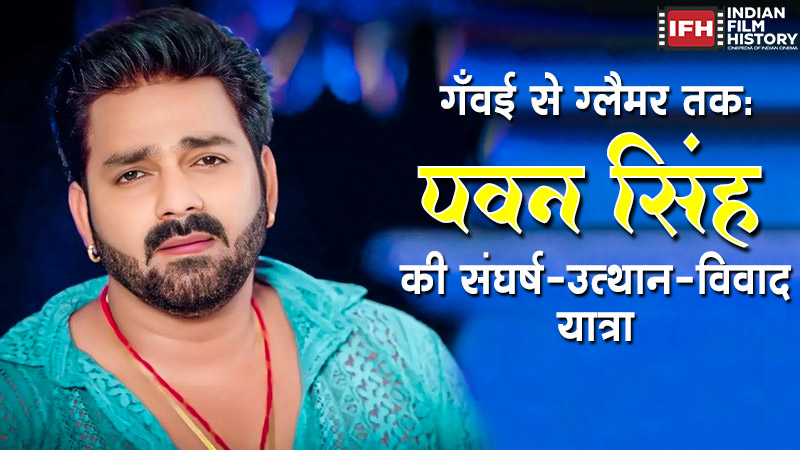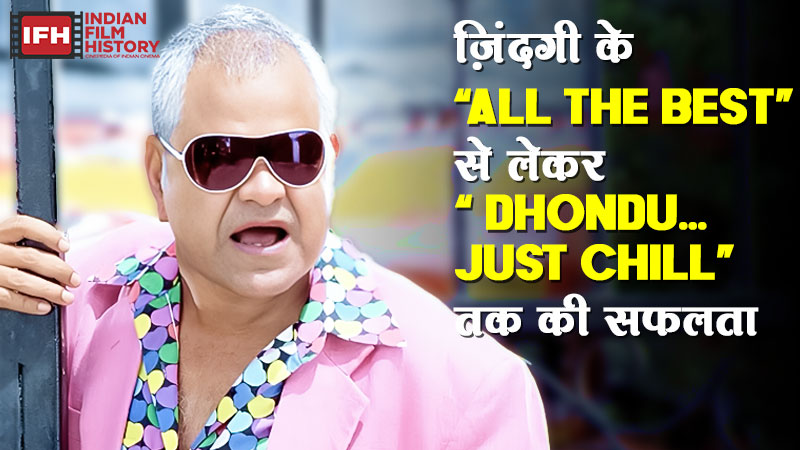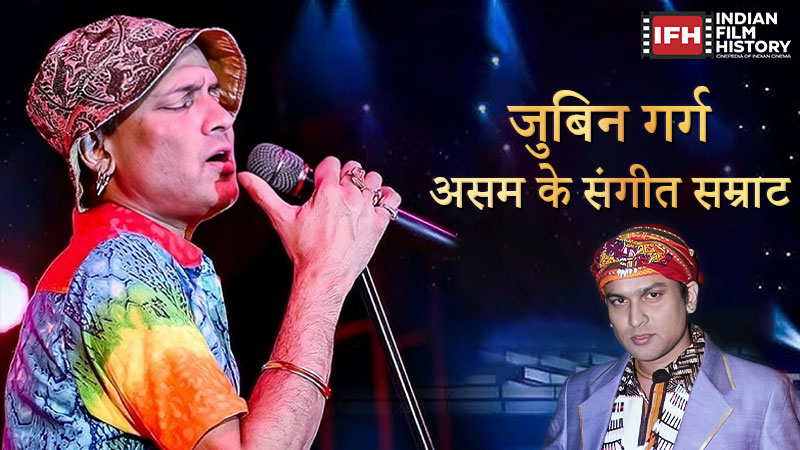Prithviraj Kapoor is unarguably Indian Cinema’s Bhishma Pitamah. He was one of the most dazzling jewels studded in the crown of Indian cinema. He gave credibility to drama with his Prithvi Theatre. Most importantly, he raised the standards of Indian cinema to dizzying heights. He gave the film profession a place of dignity and nobility, which society otherwise belittled.
Readers might be surprised to know that Prithviraj Kapoor was the first Indian actor nominated for Rajya Sabha. The Indian Government bestows this exceptional honour on twelve chosen members. The President of India nominates individuals with special knowledge or experience in literature, science, art, and social service. This began in 1953, and Prithviraj Kapoor was among the twelve nominated members. Members usually serve six-year terms, but Kapoor received an exceptional two-year extension for his good work. He served from 1952 to 1960.
Prithviraj Kapoor – The Brightest Jewel Of Cinema
Lovingly called ‘Papaji‘, Prithviraj Kapoor stands out as a bright jewel of Indian cinema. He began as an career as an ‘Extra’ in the silent era, yet his talent led him to stardom. His dedication to cinema was so passionate that he fused with his characters making roles memorable. As Alexander the Great in the title role in Sohrab Modi‘s Sikandar (1941), Prithviraj Kapoor infused so much energy that till even Hollywood film critics marveled at his performance.
Similarly as Mughul emperor Akbar in K. Asif’s film Mughal-e-Azam (1960), Prithviraj Kapoor looked so ‘real’ that no actor could ever look as commanding as Prithviraj Kapoor. To get into the skin of the role Prithviraj Kapoor had put-on 10 kg weigh and sacrificed his career as a hero!!!
The Launch Of ‘Prithvi Theatre’
In 1944 he pumped all his wealth in setting up Prithvi Theatre which was India’s First modern, professional urban theatre. He did many famous plays like Deewaar, Pathan (1947), Gaddar (1948) and Paisa (1954). Prithvi Theatre introduced many talents such as Ramanand Sagar, Shankar-Jaikishen and Raj Kapoor, his elder son, who later became the Show-Man of Indian cinema with his R.K. Films.
The Indian government saluted Prithviraj Kapoor’s contributions to Indian cinema.They awarded him the Padma Bhushan in 1969 and the Dadasaheb Phalke Award (posthumous) in 1972. Additionally, India Post issued two commemorative postage stamps in his honor: one In 1996 for Prithvi Theatre’s Golden Jubilee, and another in 2013 for 100 years of Indian cinema.




Leave a Comment